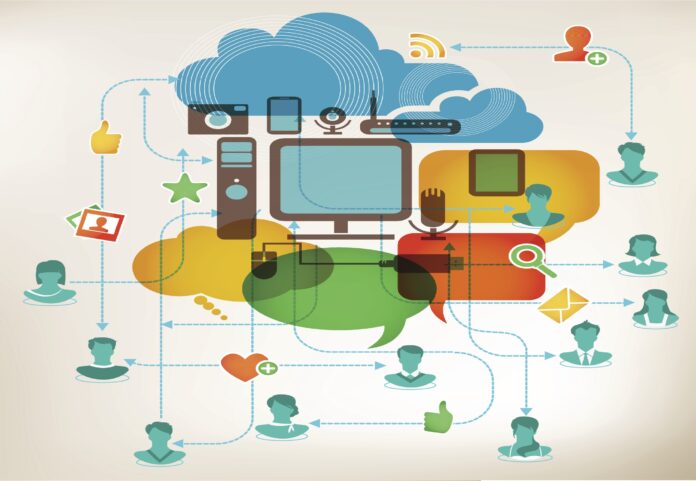
Top 10 Best Consumer tech Companies in India 2023

Consumer tech companies, also known as consumer electronics or consumer technology companies, are businesses that produce technology products designed primarily for personal use by consumers. These products often fit into everyday lifestyle and include categories like:
Mobile devices: This includes smartphones, tablets, and wearables like smartwatches and fitness trackers. Companies in this space include Apple, Samsung, and Xiaomi.
Home electronics: These are devices for entertainment or household use, such as TVs, game consoles, home audio systems, and kitchen appliances. Companies in this category include Sony, LG, and Panasonic.
Computing devices: This includes personal computers, laptops, and their peripherals. Companies include Apple, Dell, HP, and Lenovo.
Smart home devices: These are devices connected to the internet that provide functionalities such as security, energy management, and convenience. Examples are smart speakers (like Amazon Echo or Google Home), smart thermostats, smart locks, and more. Companies in this space include Amazon, Google, and Nest.
Software and services: Many consumer tech companies also provide software and services that accompany their physical products. This includes app stores, media streaming services, cloud storage, and productivity software. Examples include companies like Microsoft, Adobe, and Spotify.
Augmented Reality/Virtual Reality (AR/VR) devices: These devices provide immersive digital experiences and are used in gaming, education, remote work, and more. Companies include Oculus (owned by Facebook), Sony, and HTC.
E-bikes and electric scooters: These are increasingly popular forms of personal transportation. Companies in this space include Lime, Bird, and VanMoof.
Drones: These are used for photography, videography, and increasingly, delivery services. Companies in this space include DJI and Parrot.
Why Consumer tech Companies are important

Consumer tech companies play a critical role in society and the economy for a number of reasons:
Innovation and Progress: These companies drive technological innovation, pushing the boundaries of what is possible and continually introducing new products and services that improve our daily lives. Whether it’s the latest smartphone, a cutting-edge gaming console, or a smart home device, consumer tech companies are constantly creating and refining technology to meet consumer needs.
Economic Growth: Consumer tech companies contribute significantly to economic growth. They create jobs, both directly and in related industries. They also generate significant revenue and can stimulate economic activity through the production, distribution, and sale of their products.
Communication and Connectivity: Many consumer tech products, such as smartphones and computers, play a vital role in communication and connectivity. They enable people to stay in touch with friends and family, work remotely, access information, and participate in digital social and professional networks.
Education and Learning: Technology has become a crucial part of education. From laptops and tablets used in classrooms to educational software and online learning platforms, consumer tech companies are essential in equipping students with the tools they need to succeed in a digital world.
Quality of Life: Consumer tech products can significantly improve quality of life. Smart home devices can increase comfort and convenience, fitness trackers can support health and wellness goals, and entertainment devices like TVs and gaming consoles provide leisure and relaxation.
Sustainability: Some consumer tech companies are also focused on creating products that are more energy-efficient or use renewable energy, which is an important step toward a more sustainable and environmentally-friendly future.
Accessibility: Consumer tech companies also play a key role in creating products that improve accessibility for individuals with disabilities. From voice-activated technology for those with mobility issues to text-to-speech technology for those with visual impairments, these companies are making technology more inclusive.
History of Consumer tech Companies in India
The history of consumer tech companies in India is marked by both the evolution of technology worldwide and the country’s unique economic and social circumstances. Here’s a brief overview:
Pre-liberalization Era (Pre-1990s): Prior to the 1990s, the consumer tech industry in India was largely dominated by state-owned companies or multinationals with a local presence. The products were mainly home appliances and basic electronics like radios and televisions. Companies like Videocon, Onida, and BPL were prominent in this era. The computer revolution was yet to come to India in a big way.
Post-liberalization Era (1990s – 2000s): With the liberalization of India’s economy in 1991, many foreign companies entered the market, leading to increased competition and choice for consumers. During this period, the penetration of computers, laptops, and mobile phones began to increase. Global brands like Dell, HP, Nokia, and Samsung started gaining ground. Indian companies like Micromax and Karbonn also emerged to cater to the growing mobile phone market. This era also saw the rise of IT companies like Infosys and Wipro, which while not strictly consumer tech companies, played a significant role in boosting India’s tech sector.
Internet Boom (Late 2000s – Present): With the widespread adoption of the internet and smartphones, many Indian tech companies emerged, providing a range of services from e-commerce to digital payments. Companies like Flipkart, Paytm, and Ola were founded during this time. The smartphone market also exploded, with both global players like Apple and Samsung and local players like Micromax and Lava competing for market share.
Present Day: The present consumer tech scene in India is vibrant and diverse. Startups are playing a significant role in sectors like fintech, edtech, and healthtech. Internet penetration and the adoption of smartphones have led to the growth of companies like Byju’s (education), Zomato (food delivery), and Swiggy (food delivery). The digital revolution has also led to the rise of OTT platforms like Hotstar and JioCinema.
Benefits of Consumer tech Companies

Consumer tech companies offer a range of benefits that have transformed the way we live, work, communicate, and entertain ourselves. Here are some of the key benefits:
Improved Communication: Through the development of smartphones, messaging apps, and social media platforms, consumer tech companies have drastically improved and expanded our communication abilities. These technologies allow people to connect instantly with others around the world.
Enhanced Productivity: From personal computers to smartphones, tablets, and productivity apps, consumer tech has made it easier to work efficiently. Tasks that once took hours can now be completed in minutes.
Increased Access to Information: The internet, made accessible through consumer tech devices, has provided people with an unprecedented access to information. This opens up opportunities for education, self-improvement, and informed decision-making.
Better Entertainment: Consumer tech companies have revolutionized entertainment, offering a wide variety of options from streaming music and video services, gaming platforms, to virtual and augmented reality experiences.
Convenience: Many consumer tech products are designed to make life more convenient. Smart home devices can automate tasks, navigation apps help us find our way, online shopping platforms save us a trip to the store, and so on.
Health and Fitness: Consumer tech companies have developed devices and apps that help people monitor their health, track fitness activities, and even guide workouts. Some devices can alert users to potential health issues, such as abnormal heart rhythms.
Innovation and Economic Growth: Consumer tech companies drive technological innovation and contribute to economic growth. They create jobs and often contribute to the development of new sectors in the economy.
Personalized Experiences: With the help of machine learning and AI, consumer tech companies can offer highly personalized experiences, from customized music playlists to product recommendations based on browsing history.
Digital Learning: Technology has vastly expanded opportunities for digital learning, with interactive educational apps, online courses, and platforms that connect students and teachers around the globe.
Sustainability: Some consumer tech companies are focusing on sustainable products, such as energy-efficient appliances or electric vehicles, contributing to the fight against climate change.
Best Consumer tech Companies in India

Flipkart
Paytm
Ola
Zomato
Swiggy
Byju’s
Reliance Jio
Xiaomi India
Tata Consultancy Services (TCS)
MakeMyTrip
Flipkart
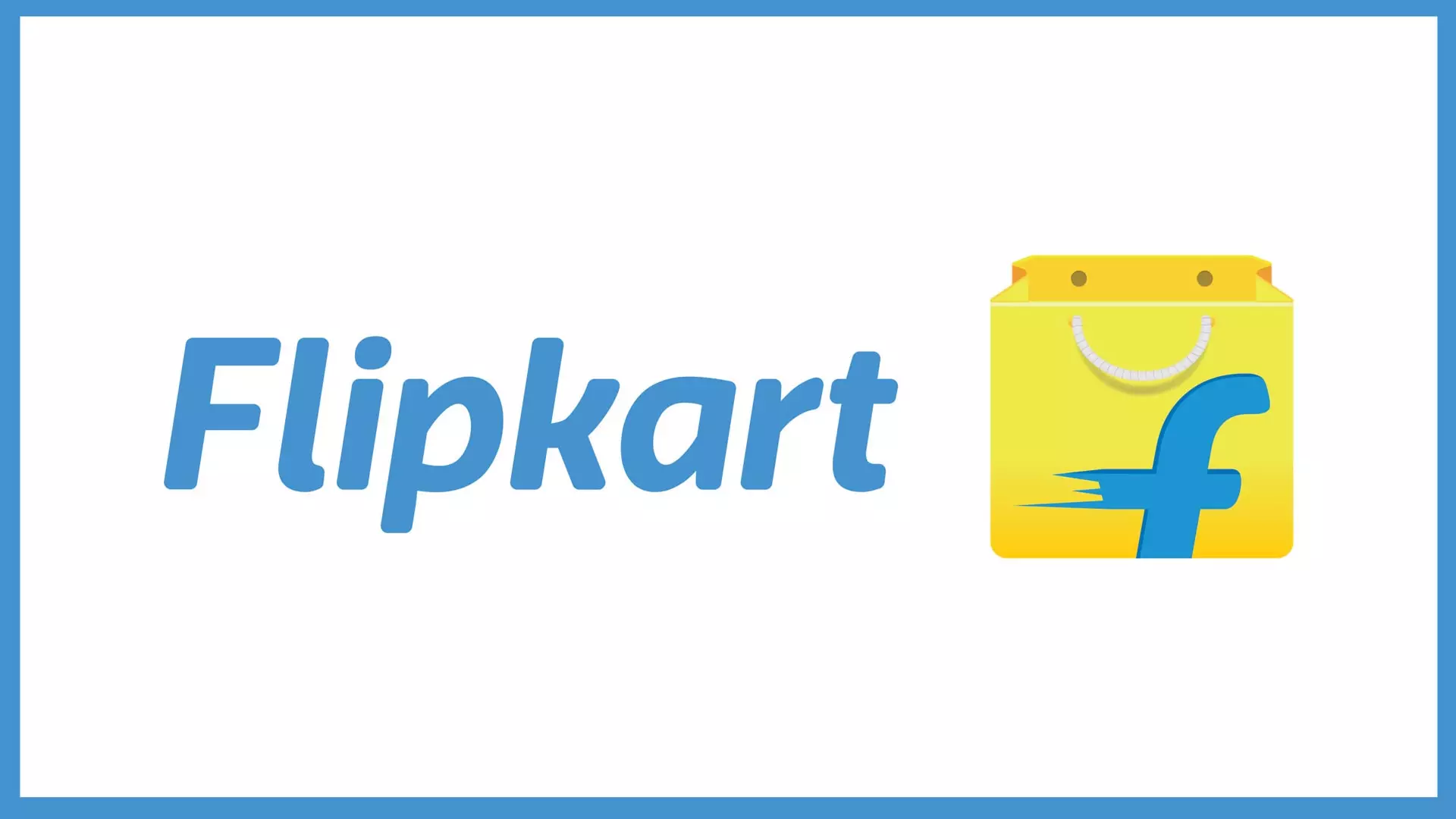
Flipkart is one of India’s leading consumer tech companies, especially in the e-commerce sector. It was established in 2007 by Sachin Bansal and Binny Bansal, who both previously worked for Amazon. Although not related, the Bansals shared a common vision of providing an online shopping platform for India, starting with books and gradually expanding to other categories.
Over time, Flipkart grew to become the largest online retailer in India. The company now sells a wide variety of goods, including electronics, clothing, home appliances, and much more. Flipkart has played a crucial role in developing India’s e-commerce industry, which has included overcoming logistical challenges and helping customers become comfortable with online payments.
In addition to retail, Flipkart has also ventured into other areas:
Flipkart Plus: A customer loyalty program that provides subscribers with a variety of benefits, such as free delivery and early access to sales.
Myntra: An online fashion retailer acquired by Flipkart in 2014, which specializes in clothing, footwear, and other fashion items.
PhonePe: A digital payments company that was acquired by Flipkart in 2016. PhonePe allows users to make mobile payments, pay bills, and transfer money using the Unified Payments Interface (UPI).
Ekart: Flipkart’s in-house supply chain arm, which handles logistics and delivery for the company.
In 2018, the American multinational retail corporation Walmart acquired a majority stake in Flipkart, providing it with additional resources for growth and competition with other global e-commerce giants.
Flipkart is a major player in the Indian e-commerce industry and continues to shape consumer tech trends in the country. It’s always advisable to check the most recent information for updates about the company’s current status and initiatives.
Paytm
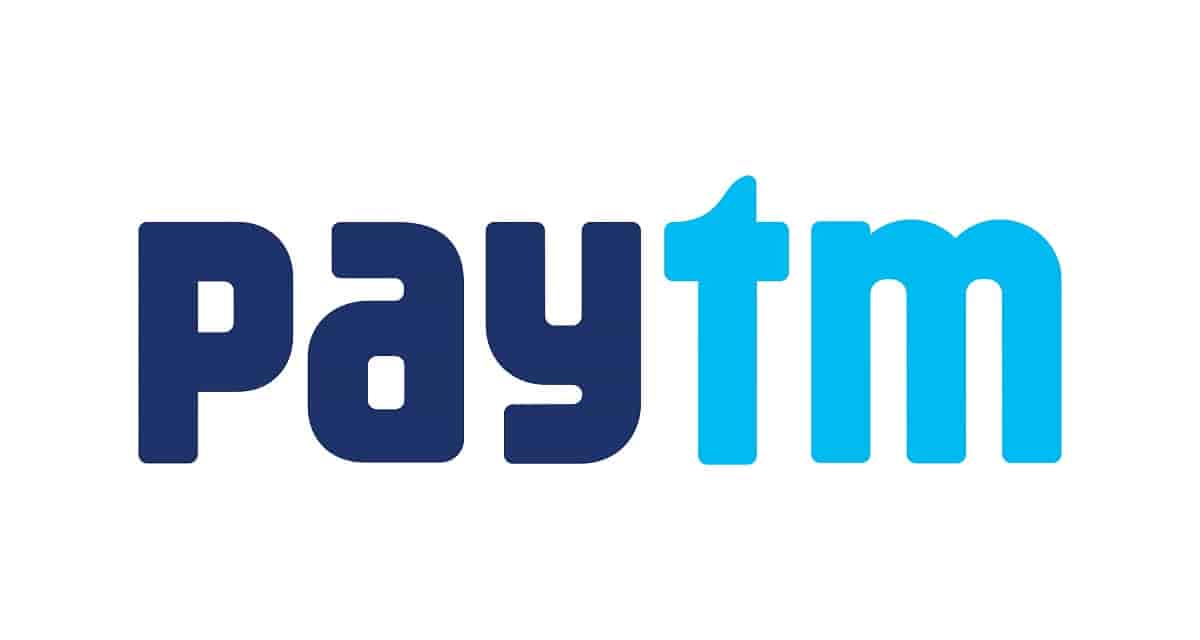
Paytm, short for “Pay Through Mobile,” is one of India’s leading consumer tech companies. It started as a digital wallet in 2010 and was founded by Vijay Shekhar Sharma under the parent company One97 Communications.
Paytm quickly gained popularity due to its user-friendly interface and the convenience it offered, which became particularly significant during the Indian government’s demonetization initiative in 2016. The unexpected withdrawal of large-denomination currency notes from circulation led to a severe cash shortage and propelled the need for digital payments solutions, resulting in a significant increase in Paytm’s user base.
Over time, Paytm has evolved into a comprehensive financial services platform, with offerings that go far beyond just a digital wallet:
Paytm Payments Bank: Launched in 2017, this is a digital bank offering savings accounts, deposits, and debit cards.
Paytm Mall: An online marketplace where businesses can sell their products directly to consumers.
Paytm Money: An investment and wealth management platform that allows users to invest in mutual funds, stocks, and other financial instruments.
Paytm Insurance: Providing insurance services in categories like health, motor, and life.
Bill Payments & Recharges: Users can conveniently pay their utility bills, recharge mobile phones, and more.
Ticket Booking: Paytm provides ticket booking services for movies, buses, trains, and flights.
Paytm had plans to go public and had filed for an IPO. This move was anticipated to be one of the largest IPOs in India’s history.
Paytm’s success story has been a crucial part of India’s digital transformation journey, demonstrating how a home-grown tech company can leverage the power of technology and a deep understanding of local needs to create a valuable service. Please check the most recent sources for the latest updates about Paytm and its current status.
Ola

Ola, formerly Olacabs, is one of India’s leading consumer tech companies in the mobility sector. Founded in 2010 by Bhavish Aggarwal and Ankit Bhati, Ola began as an online cab services company, offering customers a convenient way to book a taxi or private car for urban transportation via a mobile app.
Over the years, Ola has expanded its services and introduced several new features:
Ride-Hailing: Ola offers a wide range of options for ride-hailing, including budget cars, premium cars, and auto-rickshaws.
Ride-Sharing: The platform also introduced ride-sharing options, which provide an economical and eco-friendly way to commute.
Ola Bike: In some cities, Ola offers bike taxi services as a quick and cost-effective way to navigate traffic congestion.
Ola Electric: Ola Electric, a subsidiary of Ola, aims to build electric mobility solutions, including electric scooters and charging infrastructure.
Ola Foods and Ola Money: Diversifying its services, Ola ventured into food delivery with Ola Foods (earlier Foodpanda) and digital wallet services with Ola Money.
Ola Fleet Technologies: This is a leasing subsidiary, which provides vehicles to drivers who want to operate on the Ola platform.
Ola’s platform has been pivotal in transforming urban mobility in India and has expanded its operations internationally to countries like Australia, New Zealand, and the UK.
Ola was preparing to make a significant move in the electric vehicle sector, having announced plans to build the world’s largest two-wheeler electric vehicle factory in Tamil Nadu, India.
Please refer to the most recent sources for the latest updates about Ola and its current status.
Zomato

Zomato is a leading consumer tech company in India in the food delivery and restaurant discovery sector. Founded by Deepinder Goyal and Pankaj Chaddah in 2008, it began as an online guide called “Foodiebay” that compiled menus from restaurants in Delhi and Mumbai.
Over the years, Zomato expanded its services and evolved into a platform that offers a lot more than just restaurant discovery:
Online Food Delivery: Zomato provides a platform for ordering food online from a wide variety of restaurants and has delivery personnel to fulfill these orders.
Restaurant Discovery and Reviews: Zomato provides detailed information about restaurants, including menus, photos, reviews, ratings, and contact information. Users can share their dining experiences and rate restaurants, helping other users make informed decisions.
Table Reservation: Through the Zomato app, users can also book tables at restaurants in advance, saving them wait time.
Zomato Pro: This is a subscription program that offers complimentary meals, drinks, and other perks at select partner restaurants.
Zomato Market: During the Covid-19 pandemic, Zomato ventured into the online grocery delivery service with Zomato Market.
Hyperpure: Zomato also runs a B2B supplies segment called Hyperpure, which provides restaurants with fresh and quality ingredients.
Zomato’s evolution represents a significant development in India’s consumer tech industry, particularly in the online food delivery sector. For the most current status and updates about Zomato, please refer to the latest resources.
Swiggy

Swiggy is a prominent player in the consumer tech industry in India, particularly in the online food delivery sector. It was founded in 2014 by Nandan Reddy, Rahul Jaimini, and Sriharsha Majety. The company is based in Bangalore, but it operates in numerous cities across the country.
Swiggy operates on a hyperlocal on-demand delivery model, partnering with local restaurants to offer a wide range of food options to customers who can place orders through the Swiggy app. The order is then delivered by Swiggy’s fleet of delivery personnel, known as “Swiggy partners,” who are equipped with smartphones and an app that assigns orders and optimizes the delivery route.
Over the years, Swiggy has expanded its offerings beyond food delivery:
Swiggy Super: This is a subscription program that offers unlimited free deliveries and other benefits to its members.
Swiggy POP: This service offers single-serve meals for customers, providing a variety of affordable meal options from popular restaurants in the locality.
Swiggy Instamart: Recognizing the demand for quick delivery of groceries and other essentials, Swiggy launched Instamart, which promises delivery in less than 45 minutes.
Swiggy Genie: This service allows users to send packages within a city or get anything picked up and delivered.
Swiggy Stores: A service that delivers products from any store in the city, including pharmacies, pet care stores, grocery stores, and more.
Swiggy has become a major player in India’s online food delivery market, competing closely with Zomato. The company has played a significant role in shaping the consumer tech landscape in India, particularly in the hyperlocal delivery sector.
Swiggy continued to expand and innovate its offerings. However, for the most current status and updates about Swiggy, please refer to the latest resources.
Byju’s

Byju’s is a leading consumer tech company in India in the EdTech sector, revolutionizing the way students learn and engage with educational content. Byju Raveendran, a former engineer and math teacher, founded the company in 2011. Initially, he began by offering online video-based learning programs for the CAT, the entrance exam for Indian Business Schools. Byju’s later expanded to include a broader range of content.
Here are some of the key offerings and features of Byju’s:
Online Learning App: Byju’s flagship offering is the Byju’s Learning App. This app provides engaging and interactive learning content for students in grades 1-12. It offers detailed video lessons, practice quizzes, tests, and personalized support.
Test Prep: Byju’s offers online coaching for competitive exams like JEE, NEET, IAS, and international exams like GRE and GMAT.
Byju’s Early Learn App: In collaboration with Disney, Byju’s launched the Early Learn app for children in pre-kindergarten to third grade, providing them with a fun and interactive learning experience.
Acquisitions and Partnerships: Byju’s has acquired several other EdTech companies, like Osmo, WhiteHat Jr, and Aakash Educational Services, expanding its offerings to include coding for kids and test prep services.
International Expansion: The company is expanding globally, starting with the launch of Byju’s Future School, an online one-on-one live learning platform for Math and Coding, available in several countries.
Byju’s success lies in its interactive approach to education, leveraging technology to make learning more engaging and effective for students. It has been a key player in transforming the education sector in India, especially in the wake of the COVID-19 pandemic when online learning became crucial.
Byju’s was one of the highest valued startups in India. However, for the most recent updates and current status about Byju’s, please refer to the latest resources.
Reliance Jio

Reliance Jio Infocomm Limited, commonly known as Jio, is a major consumer tech company in India, operating primarily in the telecommunications sector. Jio is a subsidiary of Reliance Industries, a conglomerate headed by Mukesh Ambani. The company launched its commercial services in September 2016 and rapidly became a dominant player in the Indian telecommunications market.
Jio made a significant impact in India with its initially free and later heavily discounted offerings of 4G data and voice services. This disruption led to a massive increase in internet usage across the country, driving what is often referred to as the “Jio Revolution.”
Beyond its core telecom services, Jio has diversified into several other tech-based consumer services:
Jio Platforms: A subsidiary of Reliance Industries, which houses various digital apps and services like JioTV, JioCinema, JioNews, JioSecurity, and more.
JioMart: An online grocery delivery service that aims to connect customers with local brick-and-mortar stores. This is a significant move into the e-commerce space.
JioMeet: A video conferencing platform developed in response to the growing need for such services, especially amid the COVID-19 pandemic.
JioFiber: A high-speed broadband service offering fast internet speeds, a television set-top box, and other features.
5G and Beyond: Jio is actively working on 5G and has even announced plans to develop 6G.
Jio’s aggressive pricing strategy and comprehensive digital ecosystem have made internet services accessible and affordable for hundreds of millions of Indians, accelerating the pace of India’s digital transformation.
Jio was actively expanding its footprint in various digital services and technologies, and had attracted significant investment from global entities like Facebook, Google, and others. However, for the most current status and updates about Jio, please refer to the latest resources.
Xiaomi India
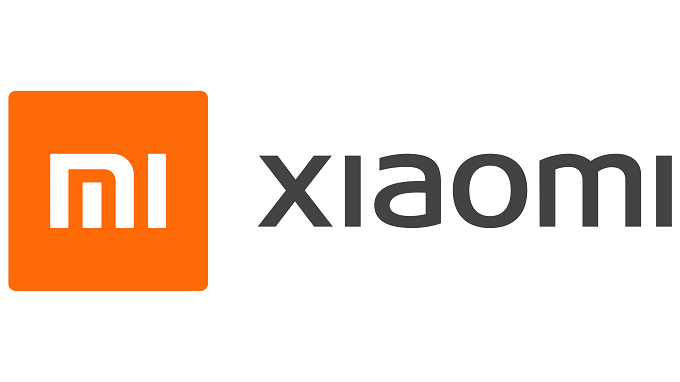
Xiaomi is a leading consumer tech company in India and operates in various segments, including smartphones, smart TVs, and other smart home devices. It is a Chinese multinational company founded by Lei Jun and several other partners in 2010. Xiaomi entered the Indian market in July 2014, initially selling its smartphones exclusively through online channels.
Xiaomi’s strategy of offering high-quality hardware at competitive prices has made it a popular choice among consumers in India. Here are some of its offerings:
Smartphones: Xiaomi’s primary product line in India includes a variety of smartphones across different price segments. The Mi and Redmi brands have gained widespread recognition for offering value-for-money devices with impressive specs.
Smart TVs: Xiaomi also leads in the smart TV segment in India, offering a variety of models under the Mi TV brand. These TVs come with PatchWall, a user interface developed by Xiaomi, which integrates a variety of streaming apps and services.
Smart Home Devices: Xiaomi offers a range of smart home devices in India, including fitness bands, air purifiers, security cameras, smart lights, and more. These are typically integrated into the Mi Home ecosystem, which can be controlled using the Mi Home app.
Internet Services: Xiaomi also provides various internet services to its device users, such as cloud services, music, and video streaming.
Retail and After-Sales Services: Xiaomi has a vast network of Mi Home stores across India, which serve as both retail and service centers. This has helped it build strong customer relations and trust.
Xiaomi’s success in India has played a significant role in shaping the smartphone market in the country, offering customers affordable access to high-quality, technology-rich products.
Xiaomi was one of the leading smartphone brands in India. For the most recent updates and current status about Xiaomi India, please refer to the latest resources.
Tata Consultancy Services (TCS)
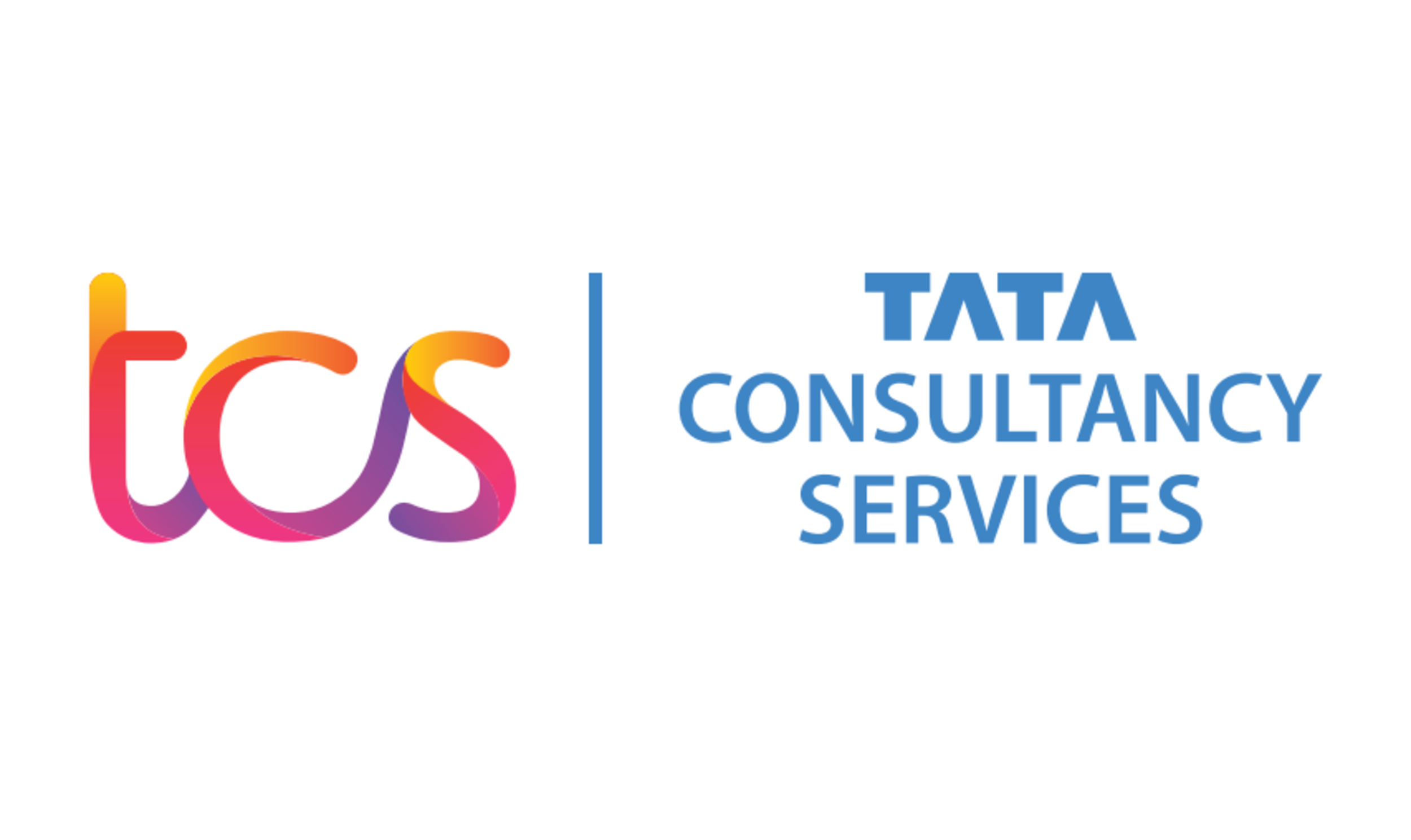
Tata Consultancy Services (TCS) is an IT services, consulting, and business solutions organization that has been partnering with many of the world’s largest businesses in their transformation journeys for over 50 years. TCS is part of the Tata Group, India’s largest multinational business group, and is headquartered in Mumbai, India.
While TCS primarily provides B2B (business-to-business) services, it does have significant impact on the consumer tech sector indirectly. Here are some ways in which TCS interacts with the consumer tech landscape:
IT Services and Solutions: TCS provides a range of IT services and solutions to businesses in various sectors, including banking, retail, telecom, and healthcare. These services help businesses improve their customer-facing technologies, which indirectly affects the consumer tech landscape.
Digital Transformation: TCS helps businesses undergo digital transformation, which includes modernizing their IT infrastructure, implementing cloud-based solutions, leveraging AI and data analytics, and more. This helps businesses deliver better digital products and services to consumers.
Consulting Services: TCS provides consulting services to help businesses improve their strategy, operations, and technology. This could involve improving the user experience of a consumer tech product, implementing a digital marketing strategy, or developing a new tech product.
Software Products: TCS also develops software products like TCS BaNCS, a suite of solutions for the banking and financial services industry, and TCS MasterCraft, a suite of software products for IT automation and quality control. While these products are primarily used by businesses, they can indirectly influence the consumer tech landscape by improving the quality of consumer-facing digital services.
Innovation Labs: TCS runs several innovation labs across the globe that focus on developing new technologies in areas like AI, IoT, blockchain, and more. These innovations can drive advancements in consumer tech.
TCS iON: A strategic unit of TCS, TCS iON provides technology by means of a unique IT-as-a-Service model, offering end-to-end business solutions for industries like manufacturing, retail, and education. It is also a major player in offering virtual and blended learning solutions, impacting the EdTech space.
In summary, while TCS is primarily a B2B company, its work enables many businesses to improve their consumer tech offerings. TCS continues to be a leading player in the global IT services industry. Please refer to the latest resources for the most recent updates about TCS.
MakeMyTrip

MakeMyTrip is a leading consumer tech company in India in the online travel sector. It was founded in 2000 by Deep Kalra, and it was initially focused on the Non-Resident Indian market in the US for their US-to-India travel needs.
Over the years, MakeMyTrip has expanded its services and now offers a comprehensive suite of travel services to users in India and around the world. Here are some of its main offerings:
Flight Bookings: MakeMyTrip provides booking services for domestic and international flights. Users can compare prices across different airlines to choose the best option for their needs.
Hotel Bookings: MakeMyTrip allows users to book accommodations in a wide range of hotels, from budget to luxury, both in India and internationally. Users can view detailed information about the hotels, see reviews from other customers, and choose the option that best fits their needs and budget.
Holiday Packages: MakeMyTrip curates a variety of holiday packages for destinations in India and around the world. These packages often include flights, hotels, and a detailed itinerary of activities.
Rail and Bus Tickets: MakeMyTrip also offers booking services for rail and bus tickets for travel within India.
Visa Services: The company provides visa services to help Indian citizens apply for visas to various countries.
MICE Services: MakeMyTrip offers Meetings, Incentives, Conferences, and Exhibitions (MICE) services to corporate clients.
The company has played a significant role in digitizing India’s travel industry, offering users a convenient platform to plan and book their travel. It has also boosted the domestic tourism industry by promoting various destinations within India.
MakeMyTrip had merged with the Ibibo Group in 2017, making it one of the largest travel service providers in India. For the most current status and updates about MakeMyTrip, please refer to the latest resources.
